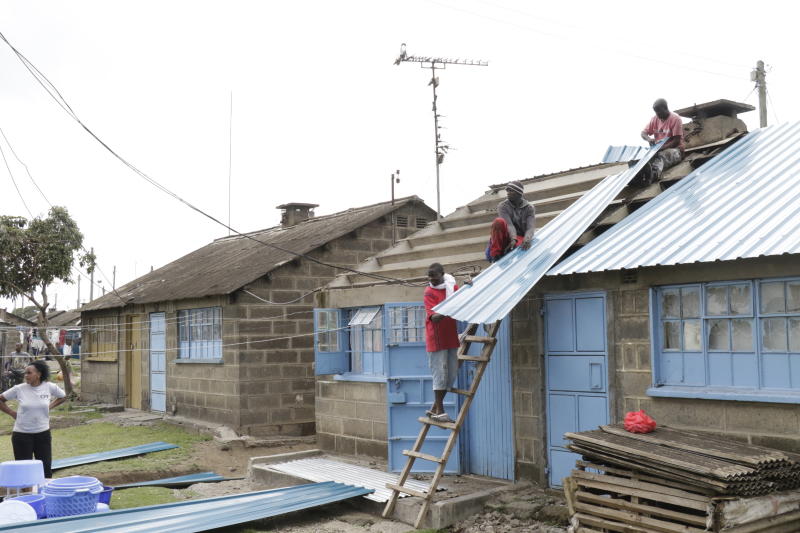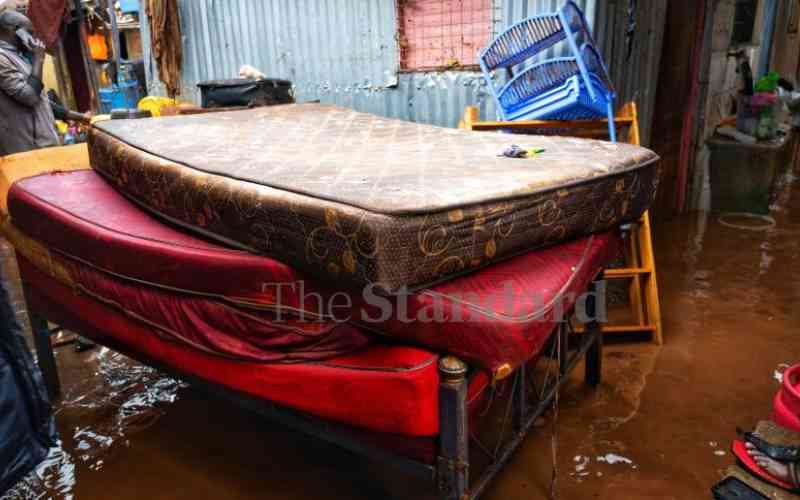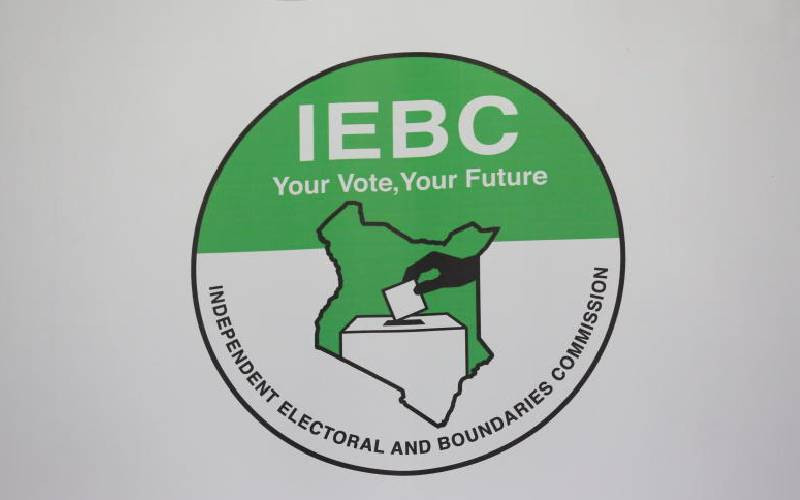
The number of companies supposedly manufacturing roofing iron sheets has grown tremendously over the past five years.
Many of these companies are briefcase ones. Some do not even rent go-downs. They brand themselves well and easily pass for genuine firms with decent corporate images. However, they hardly pay the requisite taxes. They exploit the high demand for roofing materials and often capitalise on irresistible lower price offering.
A closer look, however, is that their sizes are small. Their quality perhaps the worst. They deceive unsuspecting buyers with fresh coats of paints and inviting designs whose patents they do not own. They do not manufacture anything. They import nearly 100 per cent ready. They mostly cut and/or re-paint the same.
Such companies engage in aggressive online and mainstream media advertising.
The quality of their roofing materials is bad and the mabati change colour too soon. Often the design patterns and the colours are not exactly what they advertise. There are also fraudulent mabati sellers who take their customers’ money and delay or never deliver at all.
Because majority do not pay requisite taxes and mostly employ casual staff, they often afford to hoodwink consumers with what appears to be high quality materials for much less.
Attracted by the low prices, reality finally hits the unsuspecting customers when the iron sheets wear out soon after and they have to replace them. Substandard mabati are lighter, fade and corrode quickly, leading to leaks within a short span of time.
Genuine roof mabati bear a hard layer that protects the roof from the elements. Their vibrant colours of are protected against ultraviolet rays which translate to minimal and or no colour changes. A good quality metal roofing ought to serve a buyer for an average 40 years. On the contrary, fake ones start peeling, fading, corroding and or leaking in under five years.
What is unknown to many consumers is that often fraudulent mabati sellers spray their products with fresh and appealing paint and other sandy coatings to cover for their fake state.
There is need to address this exploitation. First, the government, through the Ministry of Trade and Industrialisation, should regulate the use of the word mabati to ensure the stated threshold in terms of quality is met. Importers of ready-made mabati who disguise themselves as local manufacturers must be stopped from registering a company by the same name and or posing as genuine manufacturers.
Second, the government should consider amending the Scrap Metal Council Act to provide for the council a regulator and enforcement agency on the quality, registration of mabati business and related matters.
Third, it will be in the interest of anyone intending to construct a houses to engage experts before buying mabati. The major consideration ought to be about the lowest convergence point between quality and pricing.
Fourth, because of the apparent loopholes in flooding the country with cheap and bad quality iron sheets, the government ought to enhance taxation on imported ready-made mabati so as to protect the local industry and consumers. Fifth, the Kenya Bureau of Standards must do more market surveillance.
Kenya cannot continue to grow foreign economies on bad quality roofing materials.
It must be made expensive for people to trade in substandard, counterfeit and even illicit products. Destruction of condemned goods at the cost of the manufacturer or importer, must be done swiftly so that it can serve as a deterrence. It’s time to rein in the cartels that continue to play havoc on the economy and consumers.
 The Standard Group Plc is a multi-media organization with investments in media platforms spanning newspaper print
operations, television, radio broadcasting, digital and online services. The Standard Group is recognized as a
leading multi-media house in Kenya with a key influence in matters of national and international interest.
The Standard Group Plc is a multi-media organization with investments in media platforms spanning newspaper print
operations, television, radio broadcasting, digital and online services. The Standard Group is recognized as a
leading multi-media house in Kenya with a key influence in matters of national and international interest.











